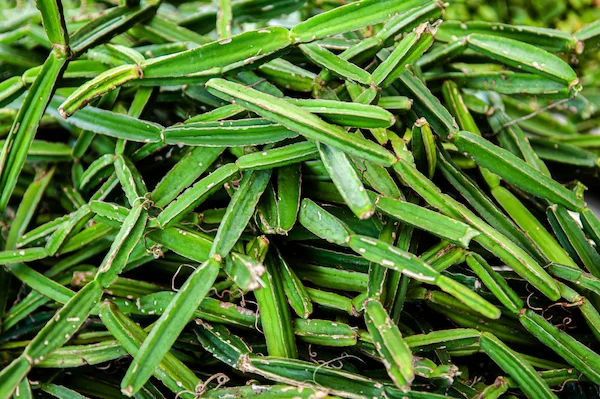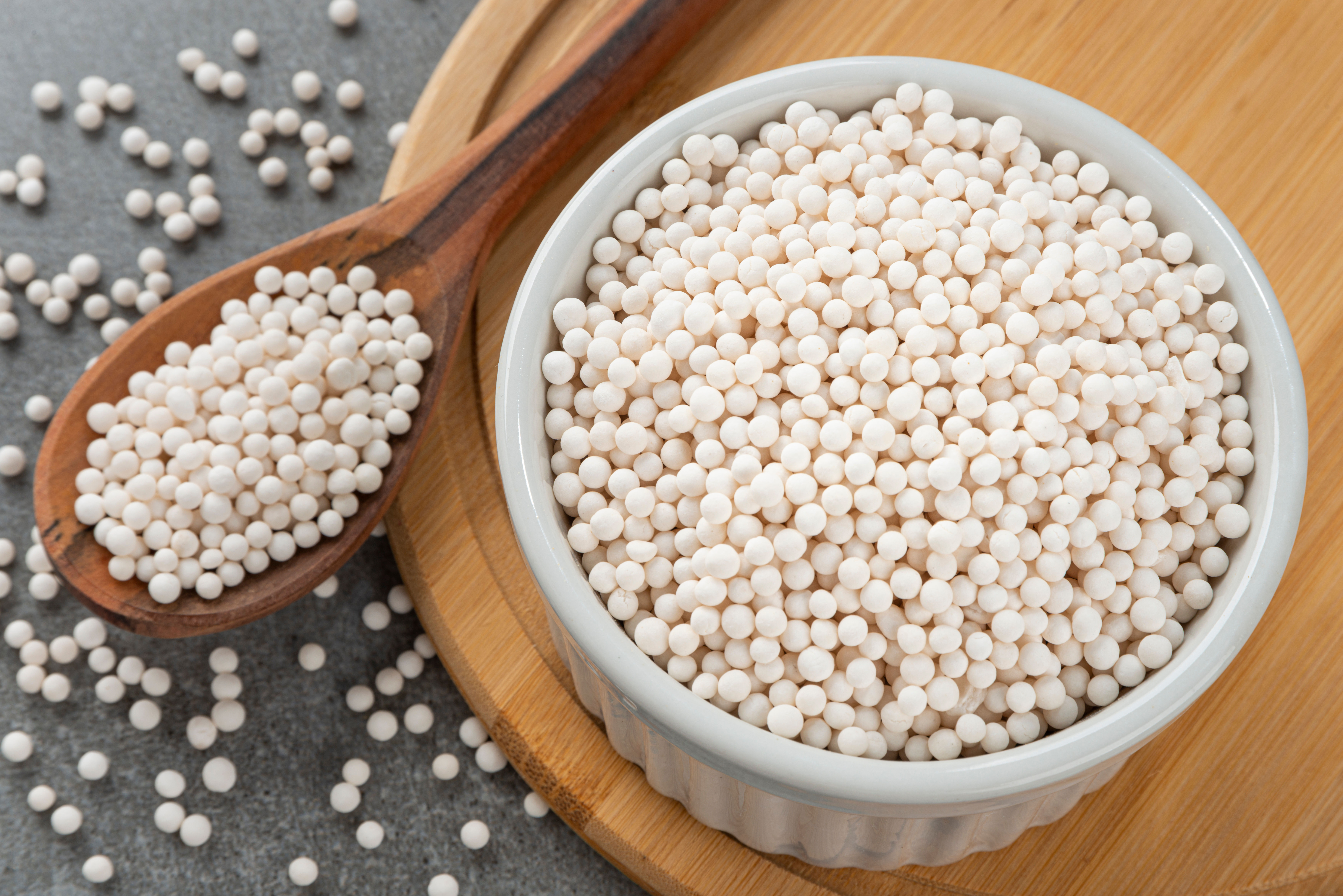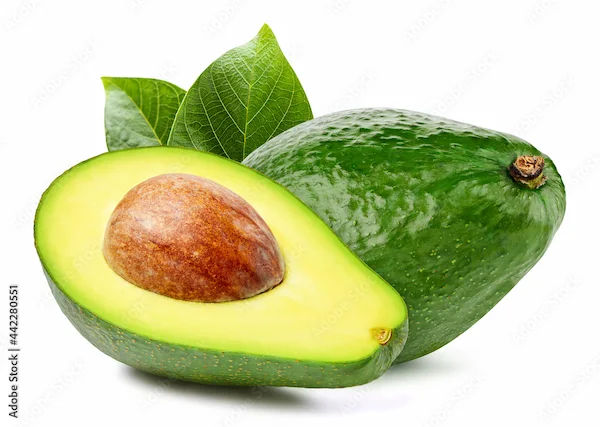Chest Pain From Gas: A Complete Guide to Relief
Chest pain from gas can feel alarming, often mimicking a heart attack. Learn the causes, symptoms, and differences between gas pain and cardiac pain. Discover quick relief remedies, prevention tips, and when to seek urgent medical care.

Written by Dr. J T Hema Pratima
Reviewed by Dr. Dhankecha Mayank Dineshbhai MBBS
Last updated on 13th Jan, 2026
.webp?tr=q-80,f-webp,w-350,dpr-2,c-at_max 700w)
That sudden, sharp, or squeezing pain in your chest can be terrifying. Your mind immediately jumps to the worst-case scenario: a heart attack. But what if the culprit is something far more common and less dire? Chest pain due to gas is an incredibly frequent yet often alarming experience. It occurs when trapped air accumulates in your stomach or intestines, creating pressure that can mimic cardiac pain. This guide will help you understand the signs, find relief, and, most importantly, know when to seek serious medical attention. We'll break down the causes, symptoms, remedies, and key differences between gas pain and more serious conditions, empowering you with knowledge and peace of mind.
Why Does Gas Cause Chest Pain?
To understand gas pain, we need a quick lesson in anatomy. Your oesophagus (the tube connecting your mouth to your stomach) runs right through your chest, closely neighbored by your heart and lungs. Your stomach sits just below your rib cage, and your large intestine travels up the right side, across the top of your abdomen, and down the left side.
When you swallow air while eating or drinking—or when bacteria in your colon break down undigested food—gas is produced. If this gas gets trapped or builds up, it stretches the walls of your GI tract. This stretching is what your nerves register as pain. Because of the shared nerve pathways and close proximity of organs, your brain can have trouble pinpointing the exact source, interpreting the distress signal as coming from your chest area. This phenomenon is known as "referred pain."
Identifying Gas Pain: Symptoms and Sensations
Chest pain from gas isn't one single feeling. People describe it in various ways, which adds to the confusion. Common descriptions include:
- A sharp, stabbing pain in the chest or rib cage.
- A dull ache or pressure that feels like fullness or tightness.
- A burning sensation that might be confused with heartburn.
- Pain that seems to move or shift around the abdomen and chest.
- A feeling of "knots" or cramping in the chest area.
Crucially, this pain is often accompanied by other telltale signs of gas:
- Bloating and a visibly distended abdomen.
- Burping or belching.
- Passing gas.
- A feeling of fullness or loss of appetite.
The Cardiac vs. Non-Cardiac Pain Conundrum
- This is the most critical distinction to make. While gas pain symptoms can be intense, they typically lack the classic "textbook" signs of a heart attack.
- Gas pain often comes and goes, changes with movement or position, and is relieved by burping or passing gas.
- Cardiac pain is more likely to feel like an unbearable pressure, squeezing, or fullness in the centre of the chest that may radiate to the jaw, neck, back, or left arm. It is often accompanied by shortness of breath, cold sweats, nausea, and lightheadedness.
A crucial reminder: Never self-diagnose chest pain. If you are unsure, seek immediate medical help.
Common Triggers of Trapped Gas and Chest Pain
Understanding what causes excess gas is the first step toward prevention. The triggers can be dietary, behavioural, or related to underlying health conditions.
Dietary Culprits
Certain foods are notorious for producing gas because they are high in fibre or contain hard-to-digest sugars and starches.
- High-Fibre Foods: Beans, lentils, broccoli, cabbage, onions, and whole grains.
- Carbonated Beverages: Soda, beer, and sparkling water introduce air directly into your digestive system.
- Artificial Sweeteners: Sorbitol, mannitol, and xylitol are difficult to digest.
- Dairy Products: For those with lactose intolerance, dairy can cause significant gas and bloating.
- Fatty and Fried Foods: These slow down digestion, giving food more time to ferment and produce gas.
Lifestyle and Behavioural Factors
- Eating Too Quickly: This causes you to swallow large amounts of air (aerophagia).
- Drinking Through a Straw: Similarly, this leads to increased air swallowing.
- Chewing Gum or Sucking on Hard Candy: Promotes frequent swallowing of air.
- Sedentary Lifestyle: Lack of movement can slow down digestion and trap gas.
- Stress and Anxiety: The gut-brain connection is powerful. Stress can disrupt digestion, leading to symptoms like bloating and pain.
Effective Home Remedies for Immediate Relief
When gas pain in the chest strikes, several simple techniques can provide quick relief by helping to move the gas along.
1. Move Your Body: Gentle physical activity is one of the best remedies. Take a walk, do some light yoga stretches (like bringing your knees to your chest), or simply change your position. Movement stimulates the digestive tract and encourages the release of trapped gas.
2. Apply Heat: Place a heating pad or hot water bottle on your abdomen or chest. The warmth helps relax the muscles in your gut, allowing gas to pass more easily and alleviating cramping.
3. Try Over-the-Counter Aids:
- Simethicone: This is an anti-foaming agent (found in products like Gas-X or Mylanta Gas) that consolidates gas bubbles, making them easier to pass.
- Digestive Enzymes: Products like Beano contain enzymes that help break down hard-to-digest carbohydrates in vegetables and beans before they can cause gas.
- Probiotics: While not an instant fix, regular use can help balance gut bacteria and reduce future gas production.
4. Drink Herbal Teas: Peppermint, ginger, chamomile, and fennel tea are well-known carminatives, meaning they help expel gas and soothe the digestive tract.
When to See a Doctor: Red Flags
While chest pain from indigestion and gas is common, you must be able to recognise when it's something more serious. Seek emergency medical care immediately if your chest pain:
- It is accompanied by shortness of breath, sweating, or dizziness.
- Radiates to your jaw, neck, back, or arm (especially the left arm).
- Is severe, crushing, or feels like "an elephant sitting on your chest."
- Occurs with nausea or vomiting.
- It is associated with a rapid heartbeat or fainting.
Even if you suspect it's just gas, these symptoms warrant an urgent professional evaluation to rule out a heart attack, pulmonary embolism, or other critical conditions.
Chronic Gas and Underlying Conditions
If you experience frequent, debilitating gas pain, it's important to see a doctor for a non-emergency consultation. Chronic gas could be a symptom of an underlying condition such as:
- Irritable Bowel Syndrome (IBS)
- Inflammatory Bowel Disease (IBD) like Crohn's or ulcerative colitis
- Small Intestinal Bacterial Overgrowth (SIBO)
- Food Intolerances (e.g., lactose or gluten)
- Gallbladder disease
A doctor can help diagnose these conditions and create a targeted management plan.
Prevention: How to Stop Gas Pain Before It Starts
The best strategy is to prevent the gas from building up in the first place.
- Eat and Drink Slowly: Savour your food. Put your fork down between bites. Avoid gulping drinks.
- Identify Your Trigger Foods: Keep a food diary to pinpoint which foods cause you the most distress.Everyone's triggers are different.
- Stay Hydrated: Drinking plenty of water throughout the day aids digestion and prevents constipation, which can trap gas.
- Exercise Regularly: Consistent physical activity keeps your digestive system moving smoothly.
- Manage Stress: Incorporate stress-reduction techniques like deep breathing, meditation, or yoga into your routine to support a healthy gut-brain axis.
Conclusion
Experiencing chest pain from gas can be a frightening mimic of a cardiac event, but understanding the distinct characteristics and triggers can provide significant reassurance. By recognising the shifting, crampy nature of the pain and its association with bloating and belching, you can often identify the benign culprit. Simple home remedies like walking, applying heat, and using OTC medications can offer effective relief.
However, this guide is not a substitute for professional medical advice. Your health is paramount. Always err on the side of caution with any new or severe chest pain and seek immediate medical attention to rule out life-threatening causes. Once cardiac issues are excluded, you can work with your doctor to manage digestive health and prevent future episodes, moving forward with confidence and comfort.
Consult a Specialist for Personalised Advice
Consult a Specialist for Personalised Advice

Dr. Suvadeep Sen
Critical Care Specialist
12 Years • MBBS, MD, FNB (CRITICAL CARE MEDICINE), EDIC
Mumbai
Apollo Hospitals CBD Belapur, Mumbai
Dr. Musaddiqa Khanum
General Practitioner
18 Years • MBBS, DNHE MPH.
Hubli
Vishwas Clinic, Hubli
Dr. Srilekhya
Internal Medicine Specialist Diabetologist
7 Years • MBBS, MD (GENERAL MEDICINE)
Bengaluru
Apollo Medical Center, Marathahalli, Bengaluru

Dr J Kushal
General Physician
10 Years • MBBS
New Delhi
Apollo One Pusa Road, New Delhi
Dr.f.fathima Thahira Juhi
General Practitioner
6 Years • MBBS
Chennai
YZEE CLINIC AND DIAGNOSTICS, Chennai
More articles from General Medical Consultation
Frequently Asked Questions
How long can gas pain last in the chest?
Gas pain is typically intermittent and can last from a few minutes to a few hours. It usually resolves on its own or after using remedies to pass the gas. If pain is severe and persistent for more than a couple of hours, seek medical care.
Can anxiety cause gas and chest pain?
Absolutely. Anxiety triggers the 'fight or flight' response, which can disrupt digestion, leading to spasms, bloating, and trapped gas. This can create a vicious cycle where chest pain from gas causes further anxiety.
What is the fastest way to relieve trapped gas in your chest?
The fastest methods are often gentle movement (like walking), yoga poses (such as knees-to-chest), drinking a glass of warm water, or taking an over-the-counter simethicone product.
Where is gas pain located in the chest?
Gas pain can be felt anywhere in the chest but is most commonly reported under the rib cage, on the left or right side, or in the upper abdomen. The pain location can shift, which is a key indicator that it's likely gas.




_3.webp)